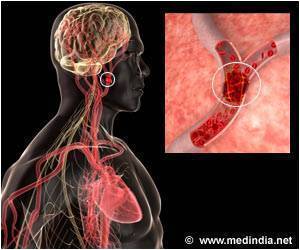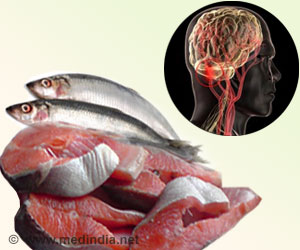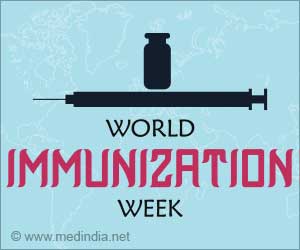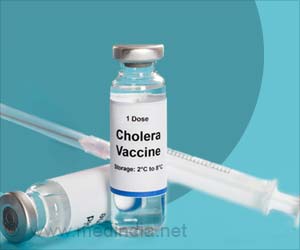
Researchers evaluated registry data for 65,175 patients who had angioplasty and stenting, a percutaneous coronary intervention or PCI, at one of 42 hospitals enrolled in the Blue Cross Blue Shield of Michigan Cardiovascular Consortium PCI Quality Improvement Initiative from January 2010 through December 2011. Of these, 4,640 patients, or 7.1 percent, did not receive aspirin as recommended within 24 hours before PCI. Roughly 90 percent of the non-aspirin patients had no documented barriers to aspirin. Records did show that aspirin was withheld from some patients who had a history of gastrointestinal bleeding, even though such a history usually does not preclude pre-PCI aspirin.
"Our study is not designed to confirm a direct causal effect of aspirin use on PCI outcomes, but [rather] to examine any association with worse outcomes," said Mohamad Kenaan, MD, a cardiovascular medicine fellow with University of Michigan Health Systems, Ann Arbor, Mich., and the study's lead investigator. "Moreover, it highlights an unexpectedly significant number of patients undergoing PCI without receiving aspirin, despite the lack of a documented contraindication in the majority of cases—even in institutions that are active participants in an ongoing quality improvement initiative."
The in-hospital mortality rate of 3.9 percent for the non-aspirin group was considerably higher than the aspirin group's 1.2 percent, and the disadvantage remained after adjustment for confounding bias: death, 3.9 vs. 2.8 percent and stroke, 0.5 vs. 0.1 percent. Those findings held across subgroups, including gender, age, type of coronary artery disease presentation and diabetes. The exception was cardiogenic shock—a state that presents challenges for use of oral medicines like aspirin. There was no difference between the groups in bleeding, need for transfusions or kidney damage caused by imaging contrast agent.
Additional data analysis will address other subgroups, hospital length of stay and bleeding. The registry does not contain post-discharge data for longer-term follow-up.
"The strong association our study demonstrated between aspirin non-use before PCI and worse outcomes, including in-hospital death, across all types of ischemic heart disease should be used as a platform for more studies to confirm our findings and motivate quality efforts focused on optimizing aspirin use before PCI," Dr. Kenaan said. "Our findings also may indicate lack of adherence to other guidelines, thus leading to worse outcomes."
Advertisement















